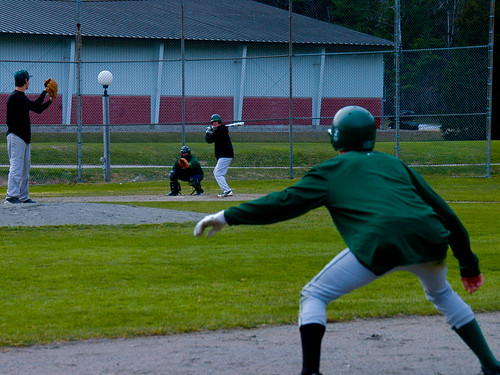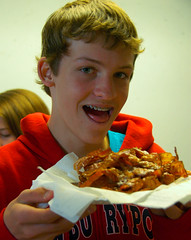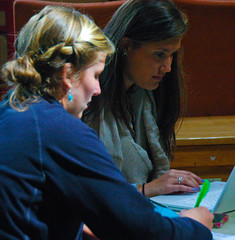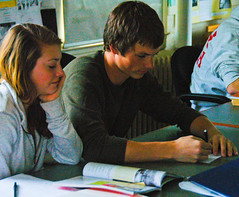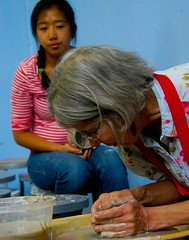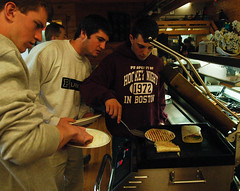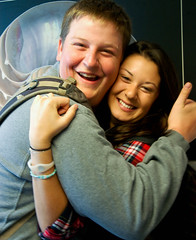Forty-five years ago, evolutionary biology began to embrace a theory (nicknamed the
Selfish Gene Theory) proclaiming that organisms are designed to maximize the spread of their genes (or the genes of relatives.)

Applications to our lives are fraught with misunderstanding and inaccuracy, but it is true that the theory dealt a blow to the concept of
altruism: true, authentic selflessness. Among most evolutionary biologists of the past several decades, altruism is selfishness in disguise.
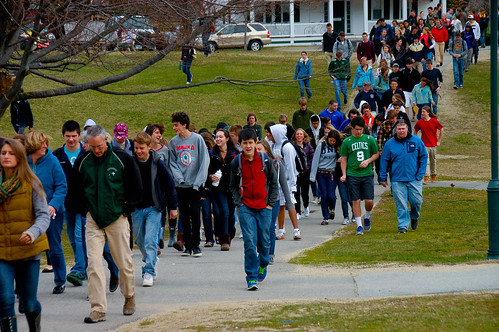
A recent
article in Psychology Today traces a new revolution in this thinking. In 2006, the founder of sociobiology, E.O. Wilson declared the theory "a monumental mistake," a contention articulated in detail in his new book
The Social Conquest of Earth. Wilson's perspective--that includes a legitimate place for genuine altruism--harkens back to Charles Darwin, who saw advantages at the
group level: "...a tribe including many members who, from possessing a high degree of patriotism, fidelity, obedience, courage and sympathy, were always ready to give aid to each other and to sacrifice themselves for the common good, would be victorious over other [selfish] tribes; and this would be natural selection."
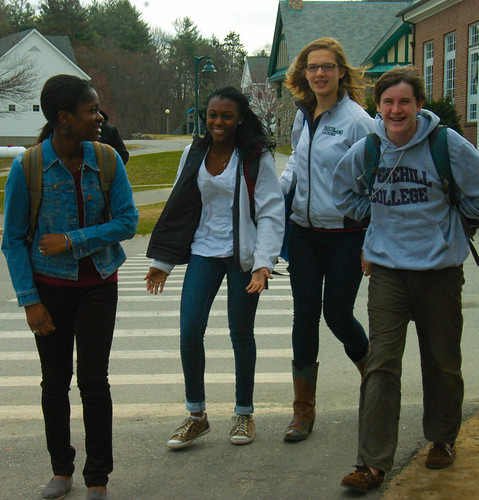

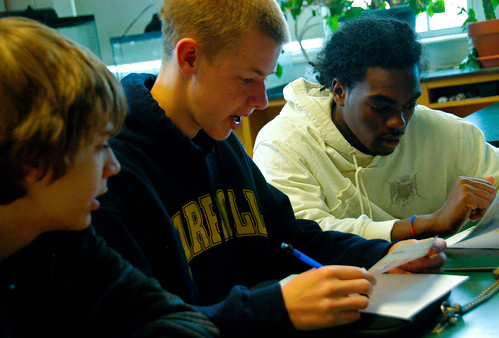
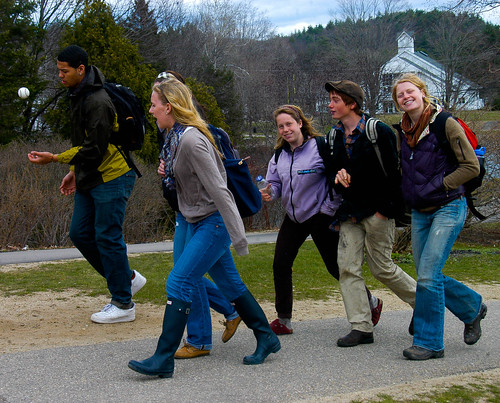

Again, it would be inaccurate to apply insights derived--in large part--from entomology to our experience of community at a prep school, but at the level of metaphor, consider the lessons learned from team sports, where sacrifice for the common good is proven to succeed over selfishness.

